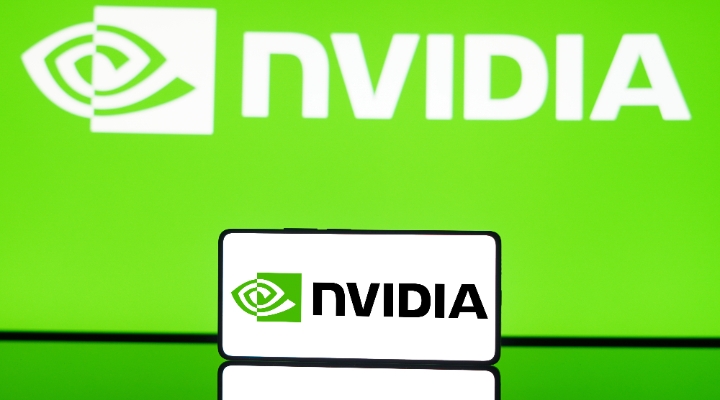
Office premises provider WeWork has begun pitching to institutional investors ahead of its planned $4 billion stockmarket listing.
This Won’t Work
Initial public offerings no longer offer scope for making a quick buck and this one will certainly be no exception. Don’t even think about it.
Advisers to any float run a book-building exercise that tells them which institutions are interested and what sort of stake they would take, at what sort of price. They also can gauge the extent of interest among private investors. There is absolutely no reason why any share issue should be underpriced.
WeWork carries particular risks. It is heavily loss-making, the latest deficit being $900 million in the six months to the end of June. It is badly overstretched, having grown from one building to more than 500 sites in more than 100 cities across 29 countries in just nine years.
Founder Adam Neumann leases buildings to WeWork, which has raised eyebrows. WeWork proposes to buy the buildings off him but I worry about how independent the valuers will be. Also, WeWork has lent Neumann money to buy its shares, which is even more worrying. As he is the majority shareholder, new investors will be powerless.
Investors with more money than sense have already pumped in $13 billion. If you are tempted to join them, bear in mind that a recent massive issue, taxi firm Uber (UBER), has seen its shares slump below the issue price as, like WeWork, it continues to report rapid expansion and hefty losses.
If you want to invest in this sector, consider IWG (IWG), better known as Regus. It has grown at a sensible pace and is profitable. You have, admittedly, missed a great opportunity to buy towards the end of last year when the shares looked like dropping below 200p, though anyone with the nerve to buy then deserves the doubling of their investment so far this year.
The interim dividend announced earlier this month was increased by 10%. A similar rise in the total will give just shy of 7p, putting the prospective yield for this year at just 1.7% but with the realistic hope of further progress. Any dividend is better than you can hope for at WeWork.
Two for the Risk Takers
Two well-known companies that have fallen out of favour raised hopes for better times with results this week. They could be of interest to investors willing to take a risk.
Costain (COST) had been slipping for more than a year before it slumped from 308p to 180p at the end of June on a profit warning arising from delays in major projects. It is still early days on the road to recovery but investors were relieved to find there were no new nasties in the first half statement and the shares shot up 11%. They have, though, still lost two-thirds of their value since May last year.
Revenue fell 22% in the latest six months and profits dropped to less than half, from £19.9 million to £8.4 million. The impact of project delays will be felt in full year figures, too, but Costain has at least picked up new work so far this year.
The big worry is whether the high speed rail link HS2 will be scrapped. Costain is a major contractor so shareholders will have to hope that at least the Birmingham-London section will go ahead or the government will feel compelled by political reality to launch other projects.
Casinos and bingo halls group Rank (RNK) also rose 11% on the day of results after losing half their value over four years. Like Costain, it reported lower profits although it did raise the dividend. Much depends on whether Rank’s move into digital gambling pays off as revenue from more traditional sources slips. With shares at 170p, the yield is an attractive 4.5%.





























